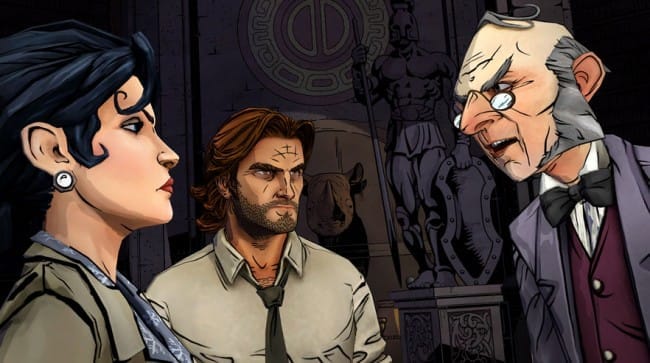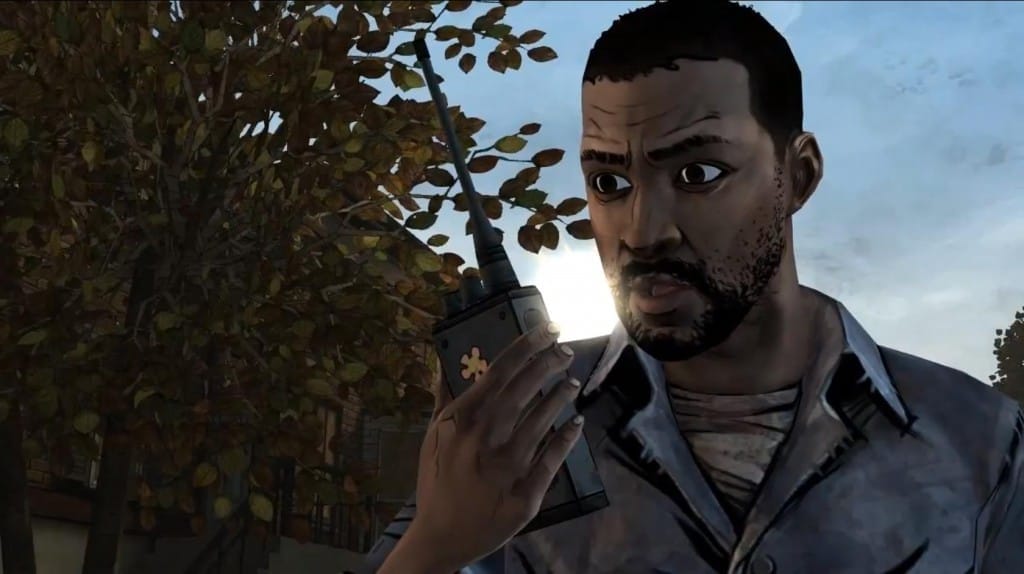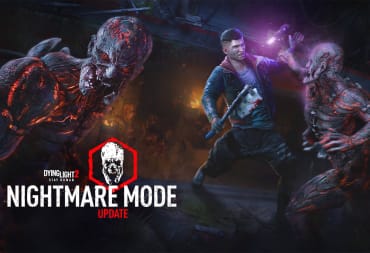This week, episode two of the Wolf Among Us came out. The first episode came out in October, meaning there was almost four months between the two... That's almost a third of a year. Though it's nice to see the Wolf Among Us finally return for a second episode, this gap opens up a lot of questions about episodic gaming. Does episodic gaming work, should we expect developers to release episodes regularly and what does it mean if they don't? Is this a viable model and are game companies handling it correctly?
The episodic structure is something we are all familiar with. It's how the majority of television works, and is an accepted way of structuring and pacing narratives. A lot of the time it works really well, as it's a great way to tell multiple little stories while building up a larger narrative in the background. It makes for small self-contained digestible slices that work well on their own, but contribute well to something larger. Of course this isn't always the case, sometimes it's just a way of splitting a story up to heighten suspense. This is sometimes used manipulatively, by repeatedly ending episodes with cliff-hangers just to keep you coming back week after week.
This isn't always a bad thing though. There's nothing innately wrong with spacing out a narrative episodically. For one thing, it allows you to tell longer stories that would be too hard to digest in a single sitting. An episodic structure gives a forced pacing to a series, it makes you take it in at a certain rate and this can be used really well. There is, after all, certainly an appeal in returning to something every week for a new instalment. The gap leaves you enough time to take the episode in, think about it and prepare yourself for the next one. It also forces everybody (if they keep up with a show) to watch it at the same time, making it communal. This allows for discussion and just feeling like you're a part of something with everybody else.

In regard to TellTale's the Walking Dead, you can now buy the entire first season and play through it all at once. I have friends that did this and still loved the game, but I feel that isn't the best way to digest it. This is for reasons of pacing and for reasons of the community that builds up around an episodic release structure. The pacing issue became apparent when I spoke about the season with a good friend, playing it all in quick succession made it so certain characters irritated him in ways they didn't do to me. Without space to breathe the series' effect somewhat diminished, and its repetitive nature became more apparent. Of course, this latter point is an issue no matter of structure, but it does indicate that the structure did the game well. However I feel the more important part is the community and shared experience.

However this only works if developers stick properly to the structure, for if they don't these advantages crumble away. The worst example of this is of course Half Life 2, but for now I will focus on TellTale.
At the moment TellTale have a lot on their plate. The Walking Dead was a huge success (both critically and commercially) and they have found themselves as one of the highest regarded studios at the moment. There is a lot of good will behind them, and a great degree of trust. New projects look interesting, Game of Thrones seems like a perfect fit though Borderlands... Well, we will see about that one, it has the possibility to be great but it was a really odd announcement. However, they are still currently working on Walking Dead season 2 and The Wolf Among Us season 1; there's a lot going on. Perhaps too much.

Of course it is hard to keep putting out quality games quickly, and TellTale are putting out quality games. They perhaps deserve to be cut some slack and they aren't obligated to release episodes quickly, so long as they do actually release them all. However, I do feel it is true that long gaps take away some of the positives that episodic gaming can have. It's a cool structure that can work very well, but I feel the TellTale model isn't working as well as it could be.

Overall I do think the large gaps between episodes is an issue for TellTale. It dilutes the appeal of episodic gaming and stops the season from actually feeling episodic. Episodic TV works, to a large extent, because of regularity. Regularity is an important part of the episodic structure as it allows one to anticipate the next, rather than finish an episode with no idea when you will see those characters again. However, the main issue is in the payment structure, which doesn't match how TellTale actually put out games. Episodic works, and it can work really well, but the way TellTale are handling it doesn't take full advantage of the structure. It may be the only way they can handle it, but this doesn't stop it from being an issue.
Have a tip, or want to point out something we missed? Leave a Comment or e-mail us at tips@techraptor.net












